The year 1922 isn’t especially remembered as a year of major significance (it wasn’t a presidential election year, for one thing), but it was a momentous year in history nonetheless. The Union of Soviet Socialist Republics (USSR) was formed after five years of civil war. Gandhi was sentenced to prison in India by the British. The first successful treatment of diabetes with insulin was reported in Canada. The BBC was formed in the UK. The Lincoln Memorial was dedicated. Reader’s Digest was launched, and soon became the most popular magazine in America. And speaking of civil war, one erupted in Ireland.
In literature, 1922 is now considered to have witnessed a revolution in fiction and poetry. More than a decade later, the writer Willa Cather called 1922 “the year the world broke in two,” and that sentiment has been borrowed for the title of one of two recent books on what happened in the literary world that year—events that still affect literature almost 100 years later.
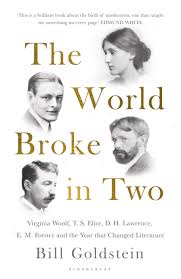
In Constellation of Genius: 1922 Modernism Year One, Kevin Jackson brackets the year with James Joyce and Eliot. Joyce’s Ulysses was published in early February of 1922, and Eliot’s The Waste Land in October. The other writers are mentioned and discussed, but for Jackson, Joyce and Eliot are the literary revolution of 1922.
The fascinating understanding from both books is that what the authors were experiencing sounds typical for writers. Virginia Woolf had writer’s block for a time, aggravated by the success of Katherine Mansfield’s newest book. Eliot was emerging from a nervous breakdown and dealing with overwork (his day job at Lloyd’s Bank and his writing) and a difficult marriage, and was struggling to put together what would become The Waste Land. Forster, with a solid literary reputation based on novels like Howard’s End and A Room with a View, hadn’t published in years and was floundering with what would eventually become A Passage to India. D.H. Lawrence was traveling and writing, eventually ending up in Taos, New Mexico, as the guest of Mabel Dodge Stern but looking over his shoulder at Joyce and Ulysses.
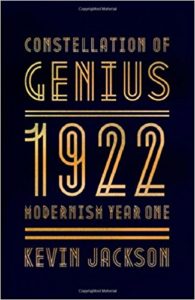
Jackson’s book is structured like a diary or monthly journal. After a lengthy and quite good introductory essay, he divides the year by months and days, noting significant events (literary, popular culture, and major news) and including what was happening with Eliot, Joyce and other authors. This has the effect of emphasizing context over narrative flow.
Goldstein’s The World Broke in Two is a more traditional narrative. He is telling a story, and he’s focused on what he sees the four authors having in common—beginning the year in self-doubt and frustration and ending the year in triumph.
But what both authors understand and describe is what happened to literature in 1922. Joyce and Eliot, in fiction and poetry respectively, gave birth to modernism in literature, and changed both genres permanently.
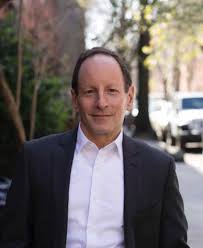
Bill Goldstein
In his introduction, Jackson explains one major change. The two works were so complex that they soon became the subjects of academic studies. Interpreters were needed, and university professors stepped in to interpret. While neither author mentions this, one wonders how modernism and its academic interpretation helped influence the movement of writing poetry (and, to a lesser degree, literary fiction) to the academy.
Goldstein is the founding editor of The New York Times books website, and covers books and authors for NBC’s “Weekend in New York.” He received degrees from the University of Chicago and City University of New York. He lives in New York City.
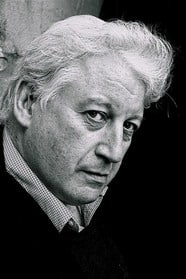
Kevin Jackson
Jackson is the author of several works on literature and popular culture, including The Worlds of John Ruskin, The Verbals: Conversations with Iain Sinclair, and Building the Great Pyramid. He taught English at Vanderbilt University, worked for the BBC, and from 2009 to 2011 was a visiting professor in English at University College, London. He is a Fellow of the Royal Society of Arts and a Companion of the Guild of St. George. He lives in Cambridge, England.
The year 1922 was a watershed in literature. Modernism took the place of realism, and reigned unchallenged for almost the next 50 years. The World Broke in Two provides a narrative account of what happened, and who the key players were. Constellation of Genius provides the context, and there was considerable context. Both books successfully make their case.
Photo by Pacheco, Creative Commons, via Flickr. Post by Glynn Young, author of the novels Dancing Priest and A Light Shining, and Poetry at Work.
__________________________

“I require all our incoming poetry students—in the MFA I direct—to buy and read this book.”
- “Horace: Poet on a Volcano” by Peter Stothard - September 16, 2025
- Poets and Poems: The Three Collections of Pasquale Trozzolo - September 11, 2025
- Poets and Poems: Boris Dralyuk and “My Hollywood” - September 9, 2025
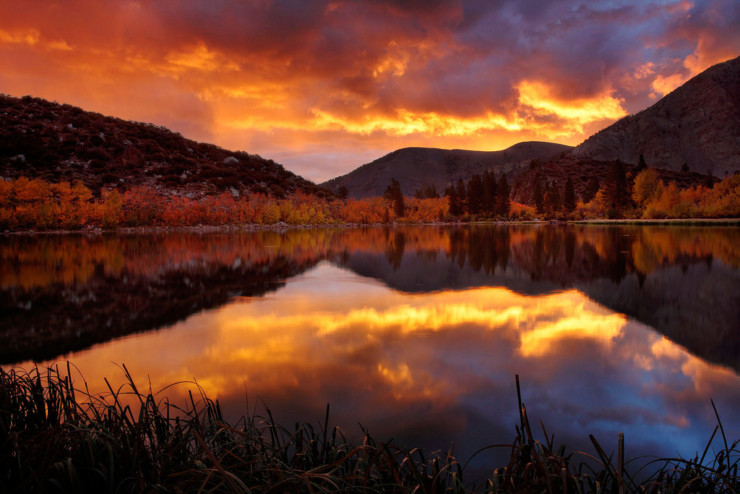
Bethany R. says
Interesting thought, Glynn: “While neither author mentions this, one wonders how modernism and its academic interpretation helped influence the movement of writing poetry (and, to a lesser degree, literary fiction) to the academy.”
Do you think modernism’s influence put more distance between poetry and the everyman? Or do you feel it helped readers feel less alone with their personal quandaries and complexities? Back when I read Joyce and Eliot in college, I felt like it was more for my professor than for me. (Listening to Sandra read Prufrock, however, helped cozy it up for me.)
Sandra Heska King says
Awwww… does that make me the King (or Queen) of Cozy? 🙂
Sandra Heska King says
Who knew that they were people, too?
Bethany says
It sure does in my book (of poetry). 😉